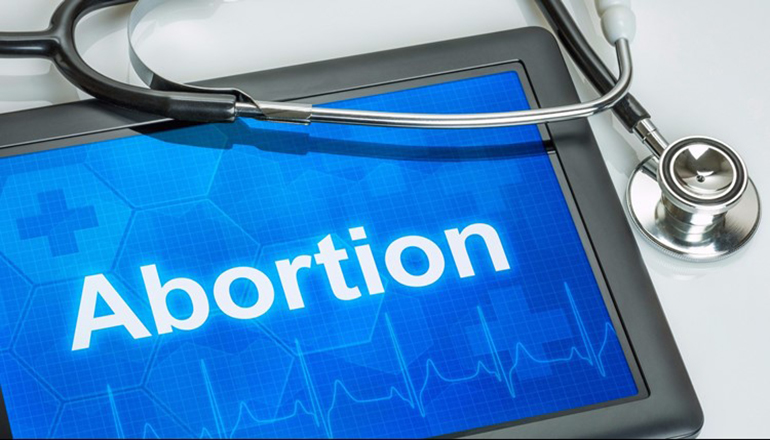Limiting women’s access to abortion and other reproductive health care can have a devastating impact on state economies.
According to new data from the Institute for Women’s Policy Research, restrictions on the books in Nebraska cost the state $1 billion annually in lost income, productivity, and state revenues.
Andi Curry Grubb, Nebraska state director for Planned Parenthood North Central States, said women who cannot get care face economic challenges that can last a lifetime. “Having access to safe and legal abortion, along with contraception and comprehensive sex education, all of those things together really allow people to better plan their futures and have control over their lives,” Grubb asserted.
Nationwide, abortion bans and other restrictions are estimated to cost $105 billion per year.
Grubb pointed out while Nebraska doesn’t look like Texas on paper yet, where abortions are now banned after six weeks before most women even realize they are pregnant — the impacts of restrictions passed by lawmakers over the last decade have chipped away at a woman’s right to access reproductive health care.
Nicole Mason, President, and CEO of the Institute for Women’s Policy Research said states with laws that restrict access to abortion, by imposing waiting periods or outright bans, disproportionately impact low-income women and women of color. She explained restrictions hurt women by reducing their labor force participation, cutting into their earnings, and increasing turnover. “Lost earnings for women, women who have to cross state lines to access services,” Mason explained. “For women, especially lower-income women, who may not have access to paid sick leave or even health insurance, this also exacerbates the economic cost to them.”
Grubb noted since the Texas law went into effect, people across Nebraska have come out in support of the right to safe and legal abortion. “And we know that most Americans, including most Nebraskans, support access to this kind of care,” Grubb stressed. “It’s health care, that’s all it is.”







